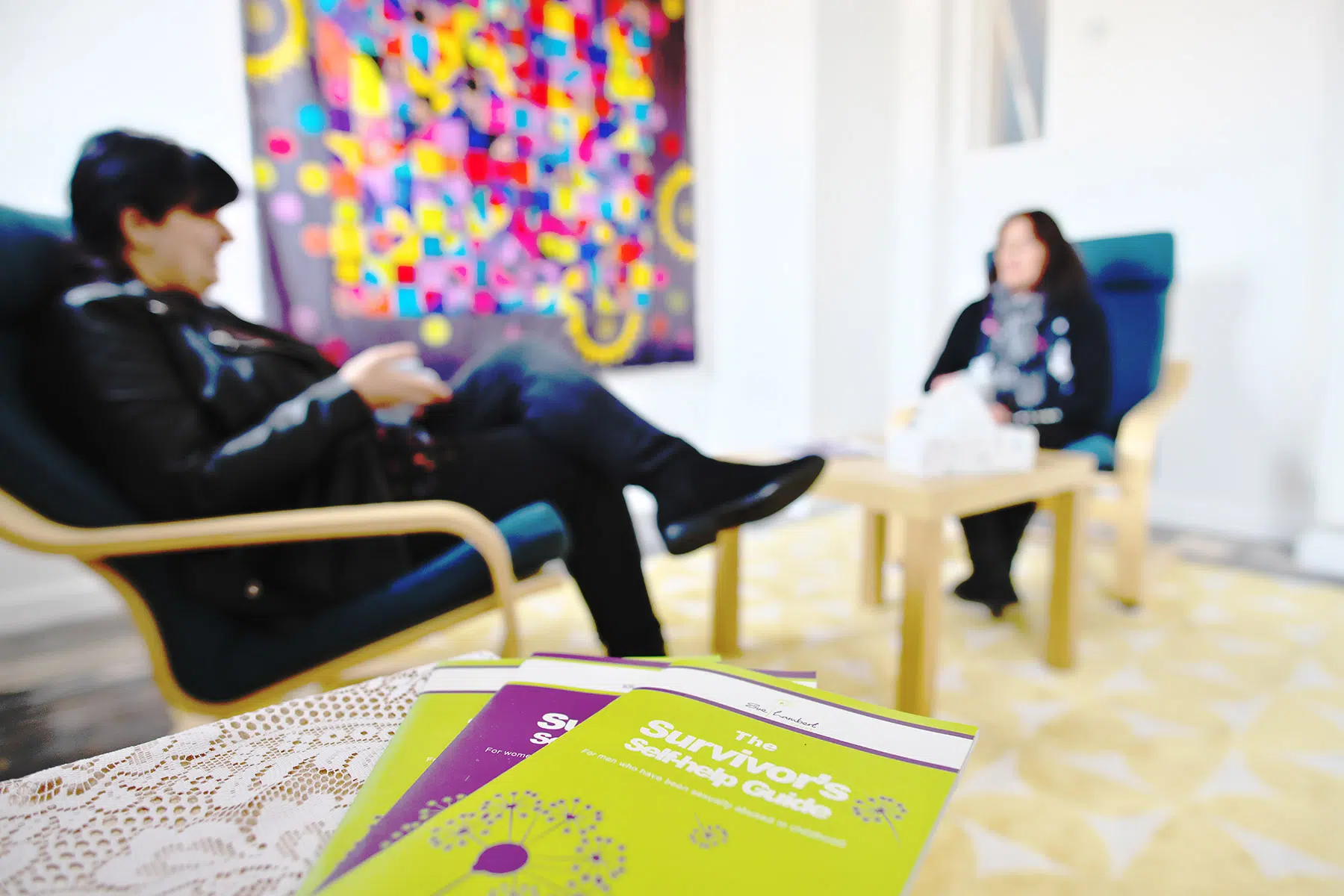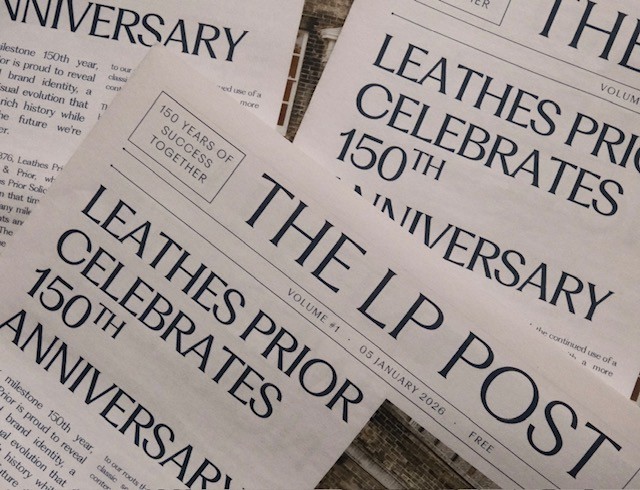Intestacy: Common Misconceptions
When a person dies without a valid Will, the rules of intestacy will determine who is entitled to administer and benefit from the estate. The Intestacy Rules operate on a priority order, working through the deceased’s family tree until they identify the closest surviving relatives to inherit. Georgia Sands discusses common misconceptions surrounding the Intestacy Rules.


When a person dies without a valid Will, the rules of intestacy will determine who is entitled to administer and benefit from the estate. The Intestacy Rules work on an order of priority whereby they run through the deceased’s family tree until they find the closest surviving relatives to inherit.
Nevertheless, many believe that they do not need to prepare a Will on the basis that the Intestacy Rules would reflect their wishes in any event. Although true in some cases, often people form this view as a result of common misconceptions surrounding the Intestacy Rules. To avoid falling into the same trap, listed below are common misconceptions.
1. Spouses/Civil Partners receive everything
The Intestacy Rules dictate if the deceased was married or in a civil partnership with no children at the date of their death, then the entire estate will pass to the surviving spouse or civil partner.
However, if the deceased is survived by either a spouse/civil partner and children, then the Intestacy Rules dictate that the estate will be distributed as follows:
- The surviving spouse/civil partner will receive a statutory legacy of £322,000 together with the deceased’s personal possessions.
- Any remaining value in the estate is then divided as 50% to the surviving spouse/civil partner and the other 50% equally between the children of the deceased.
As such, for estates which exceed £322,000 in value, the surviving spouse will find themselves having to share the residuary estate with the children of the deceased. This rule can have a significant impact on the inheritance tax reliefs available to the estate; moreover, it may simply result in the surviving spouse not being adequately provided for.
2. ‘Common Law Spouses’ will be entitled
It is a common assumption that if you have been in a long-term relationship with the deceased, particularly if you have cohabited with them for a number of years, the law will treat you as ‘Common law spouses’ and you will be entitled to the same rights as a married person. In reality, this concept is not recognised under English Law.
As a result, no matter how long you have cohabited or been in a relationship with the deceased, under the Intestacy Rules, you would not be entitled to any part of their estate whatsoever.
This is a particular risk for unmarried partners who have property held in the sole name of one party or as tenants in common. This is because under such arrangements, the deceased’s share would pass to their next of kin as determined by the Intestacy Rules, meaning the surviving partner’s occupation and home may be in jeopardy.
For many surviving unmarried partners, their only course of action is to make a legal claim against the estate for adequate financial provision, which can incur significant time, costs, and emotional distress.
3. Step-children will be provided for
The Intestacy Rules do not include stepchildren in their definition of ‘children’ when determining who is entitled in an estate. Consequently, stepchildren may find themselves unable to benefit in favour of other relatives who may not have shared a close relationship with the deceased.
Likewise, if the stepchild’s parent died previously and left their estate to the now deceased, they would not be entitled to any benefit from what they view as their biological parent’s estate, which they may otherwise have anticipated.
Again, if they were dependent upon the deceased, a stepchild may bring a claim against the estate for adequate financial provision, however as advised, this is a path which comes with its own significant difficulties.
To safeguard your Will from the risks and pitfalls of the Intestacy Rules, the best course of action is to prepare a Will. By preparing a Will, you will retain control over both who administers and benefits from your estate.
If, upon reading this, you realise that the Intestacy Rules would not reflect your wishes as you once thought, please do not hesitate to reach out to the Wills, Trust and Probate Team here at Leathes Prior, who would be more than happy to assist. You can contact us by email at info@leathesprior.co.uk or by telephone on 01603 610911.


Charity of the Month: Sue Lambert Trust
Leathes Prior is delighted to be supporting the Sue Lambert Trust as our Charity of the Month for February 2026. Sue Lambert Trust is a leading charity in Norfolk offering free therapeutic counselling and support services to survivors of sexual violence and abuse.



Supreme Court ruling set to impact NHS - Children injured by NHS can claim damages for lifetime lost earnings
In February 2026, the Supreme Court passed a ruling which is set to significantly increase the amount of damages the NHS may have to pay for claims brought in respect of children injured at birth, as a result of medical negligence.

.jpg)

The Value of Planning Ahead: LPAs & Court of Protection
Putting LPAs in place allows you to choose trusted people to make decisions for you if you lose capacity in the future. This avoids the need for loved ones to make a costly and time-consuming deputyship application to the Court of Protection. With more people likely to experience conditions affecting capacity, more families may need to turn to the Court for support where no LPAs are in place.





















.jpg)













